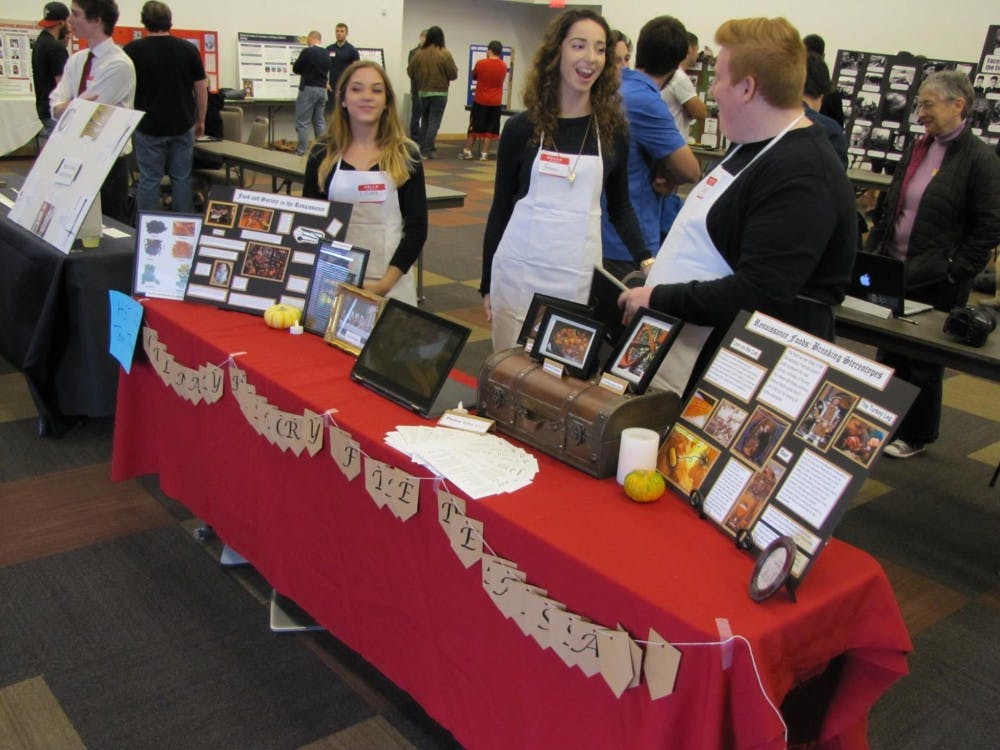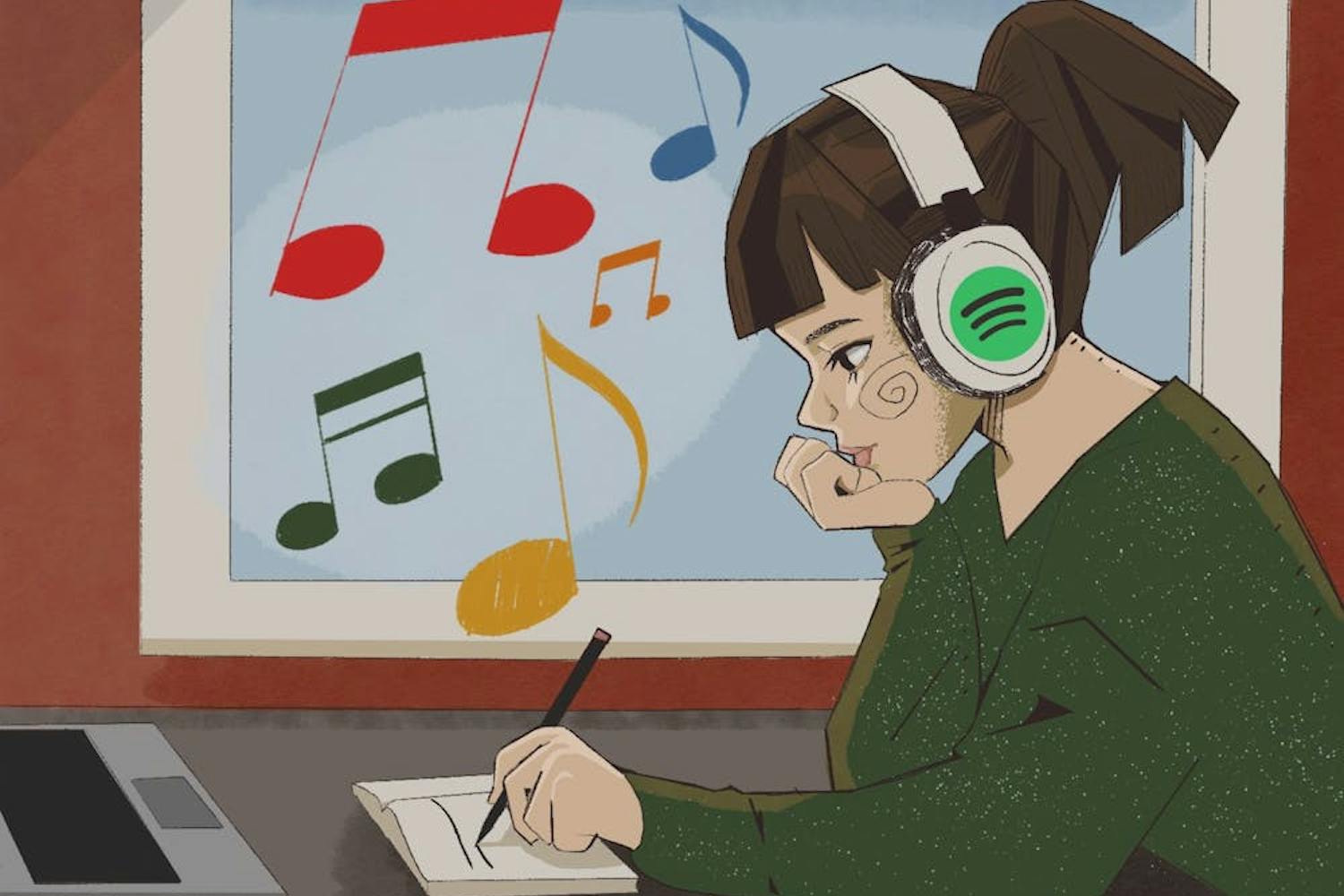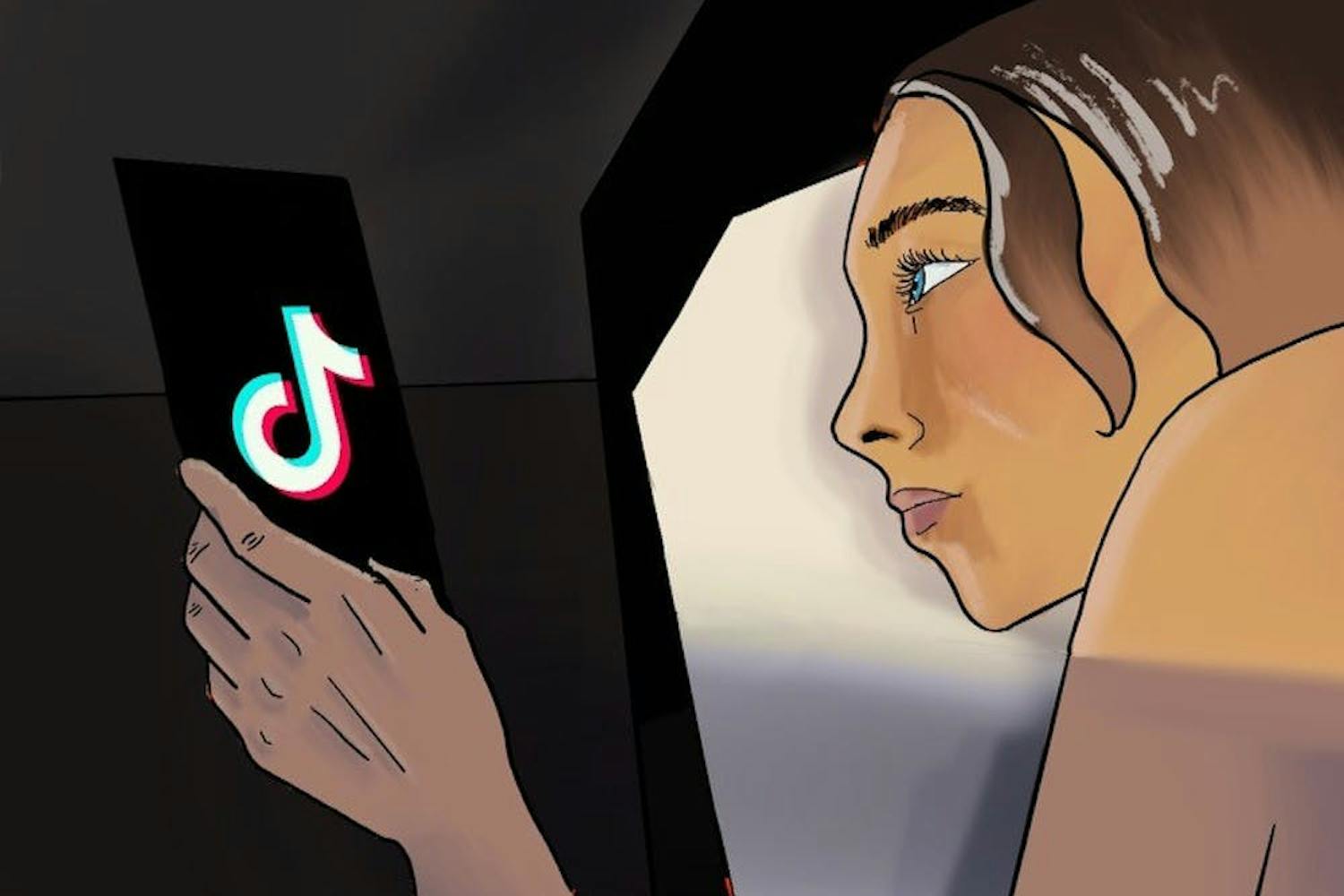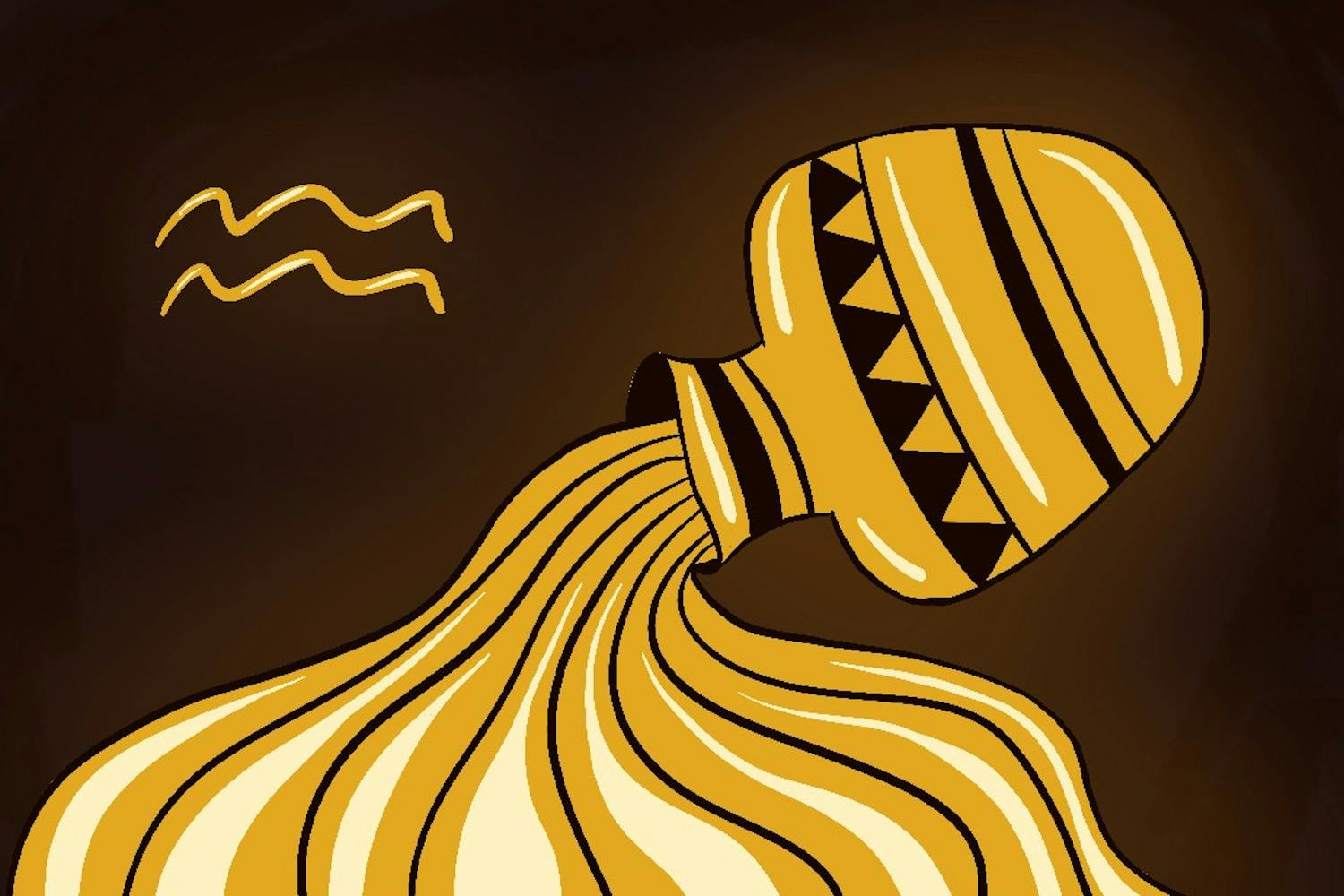ASU’s Polytechnic campus emphasizes hands-on and project-based learning, and its interactive History Pop-Up Museum will showcase works from the campus’ history students.
Pop-up museums showcase history as something that people interact with rather than "boring" pages on a textbook. The goal is to bring museum-type exhibits and knowledge out into the real world to breathe instead of keeping that wealth of information confined inside four walls.
History professor Judith Schultz said this idea was born at the University of California at Santa Cruz and has branched out to many universities.
Schultz said she took the Polytechnic motto of “learn by doing” to heart when she organized the first museum last November. The event ran 51 displays, but this year’s event will have 82 history exhibits with contributions from 192 ASU Poly students.
“We have outgrown Cooley (Ballroom),” Schultz said. “The people at Cooley said ‘We cannot get one more table in here.’ It took them some doing to make sure we were in compliance with fire codes and stuff, but we never expected this much success with it.”
The exhibits were created by Schultz's students along with her colleagues Professor Leandra Swanner, Professor Valerie Adams and Professor Eric Nystrom. Together, their eight classes will be bringing exhibits with a huge variety of topics that will show that history isn't boring.
Team hopes to transform ASU into open-air museum with pop-up exhibits, events. https://t.co/4z7Z3OqdNW
— ASU Public History (@ASUPublicHist) February 3, 2016
Adams said she's seen previews of a couple of the projects her students have created. Some brought her a 70-pound replica of a construction beam that they made as a prop for their project based on the famous photo of construction workers sitting on a beam far above New York City.
Another group of students researched the McCarthy-era paranoia by setting up an interrogation booth to question patrons to determine if they sympathize with the communist party. If the patrons are deemed communist, they will get a stamp on their hand identifying them as so.
For seniors presenting their history capstone and graduating with a history major or a double major in history and secondary education this semester, this project is especially important. Secondary education senior Robert Gaukel said his history project focuses on a section of history many people may overlook — the impact of video game culture on the U.S.
“I will go over ways video games have greatly affected the United States economy and video games have cemented themselves in pop culture," Gaukel said. "I will end my project with the overwhelming ways video games have changed the way social interactions take place, and the new dynamics video games have brought to the world of social interactions.”
The museum is open on Monday, April 11, from 10 a.m. to 2 p.m. at the Cooley Ballroom. Admission is free and open to not only ASU students, but the rest of the community as well. Schultz said she has been encouraging local high school, middle school and elementary students to come experience history with their hands.
"History is too often associated with textbooks and lecture notes and things like that," Schultz said. "Poly is, of course, a 'learn-by-doing' campus, and that goes for all of us, not just the engineers that are the majority of our campus.
She said it is about public outreach and experiencing and telling history in a new way.
"Most of these students are doing these projects instead of writing a research paper," Schultz said. "This is our semester-culmination project. Translating your research to a visual is not as easy as people might think. It turns out to be very challenging and they put a lot of work into it."
Related links:
Startup Village: An entrepreneurial residential community on ASU's Polytechnic campus
Devils of Arizona State - Polytechnic campus
Reach the reporter at tanner.stechnij@asu.edu or follow @tannerstechnij on Twitter.
Like The State Press on Facebook and follow @statepress on Twitter.




